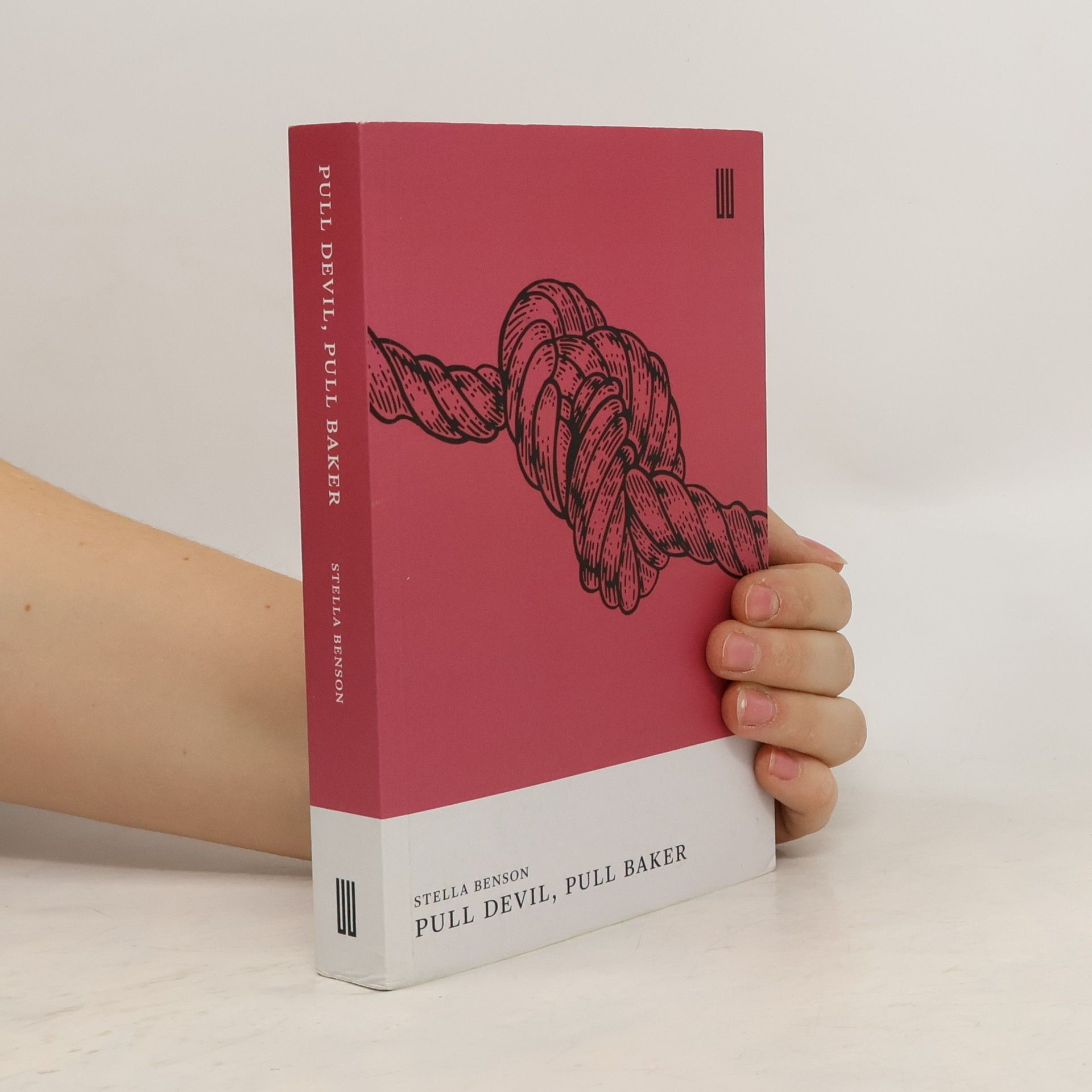Pipers and a Dancer
- 248 pages
- 9 hours of reading
Ipsie Wilson has always felt like an outsider, capturing fleeting moments of attention without ever feeling whole. Her life is a chaotic blend of emotions, further complicated by the loss of her three brothers in the war. In the mid-1920s, after wandering from England to San Francisco, she embarks on a journey to China to marry Jacob Heming, a stolid British customs official in Yunnan. Although Jacob both puzzles and intimidates her, the prospect of their marriage offers her a sense of stability. On her voyage, Ipsie meets Rodd Innes, an American heading to Yunnan to take over Jacob's position. His charm and worldliness starkly contrast with Jacob's rigidity, igniting a conflict within Ipsie's heart. As she navigates her feelings, she also encounters Jacob's domineering sister, Pauline, and his old flame, Sophie Hinds, in Hong Kong. Meanwhile, Rodd is appalled by Jacob's behavior upon his arrival in Yueh Lai Chou and resolves that Ipsie should not marry him. When Jacob is captured by brigands in the mountains, Ipsie, Pauline, and Sophie rush to his aid. The situation raises questions about ransom and their ability to help. Upon Jacob's return, Ipsie grapples with her growing ambivalence towards him and Rodd. Ultimately, fate intervenes in unexpected ways, leading to a surprising conclusion. This novel, first published in 1924, was Stella Benson's acclaimed debut, celebrated for its wit and intelligence.


